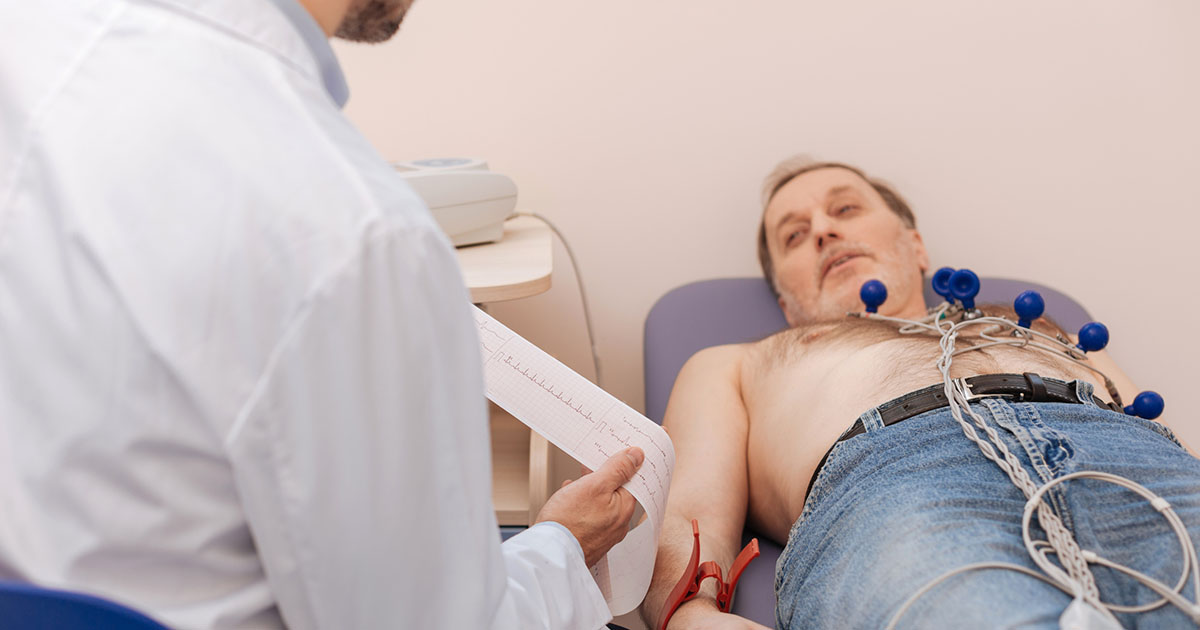Broken Heart Syndrome 101: It Is Possible To Break Your Heart
What Causes A ‘Broken Heart’?

Unfortunately, there is no exact and clear cause for broken heart syndrome. However, there are a few contributing factors that can lead to an individual developing this uncommon condition. Medical professionals believe one of the primary causes of broken heart syndrome is when an individual experiences a surge of stress hormones, such as adrenaline and cortisol, which can cause temporary damage the heart. However, how these hormones can possibly hurt the heart is not completely clear, but a temporary constriction of the small or large arteries of the heart due to the stress a patient experienced is believed to play a significant role.
An intense physical or emotional event typically precedes broken heart syndrome, and some of these triggers include the unexpected death of a loved one, domestic abuse, a divorce or separation, job loss, winning or losing a lot of money. Other triggers include a terrifying medical diagnosis, strong arguments, a surprise party, and physical stressors such as an asthma or panic attack, a car accident, or major surgery. It is also possible some types of medications, although rare, can cause broken heart syndrome for some individuals due to a huge surge of stress hormones. These medications include epinephrine or an EpiPen for severe allergic reactions, duloxetine, which treats nerve issues or depression, venlafaxine, which treats depression, and levothyroxine for those afflicted with thyroid gland problems.
Can A Broken Heart Be Treated?

Unfortunately, broken heart syndrome has no standard treatment, but it is clear treatment can not begin until a proper diagnosis has been reached and medical professionals can rule out a heart attack. There are various ways to diagnose broken heart syndrome, which include a personal history and physical exam, electrocardiogram (ECG), echocardiogram, multiple blood tests, a chest X-ray, cardiac magnetic resonance imaging (MRI), and a coronary angiogram. Considering broken heart syndrome often mimics the symptoms of cardiac arrest, doctors will conduct a coronary angiogram quickly to rule out a heart attack.
Once it is clear to doctors that broken heart syndrome is the cause of the individual’s symptoms, they will prescribe heart medications for the patient to take while they’re in the hospital, such as angiotensin-converting enzyme (ACE) inhibitors, beta blockers, or diuretics. These medications can greatly help to reduce the pressure and workload on the heart and may prevent future attacks from occurring. Many patients admitted to a hospital for broken heart syndrome make a full recovery approximately within a month of being diagnosed.
